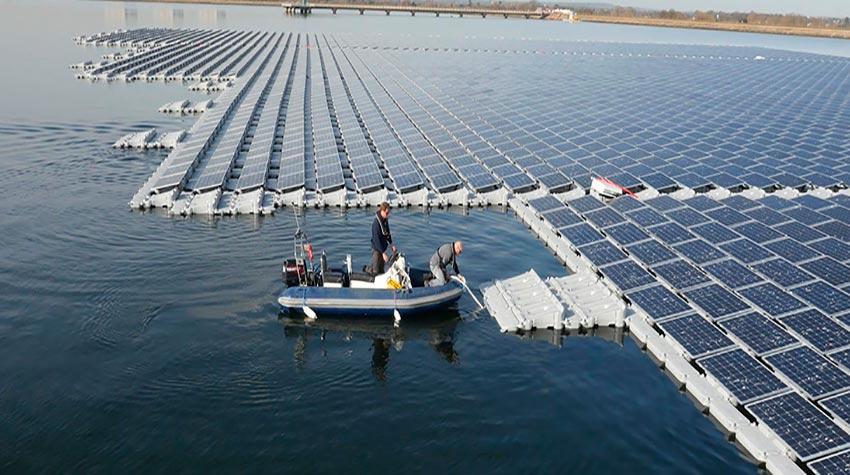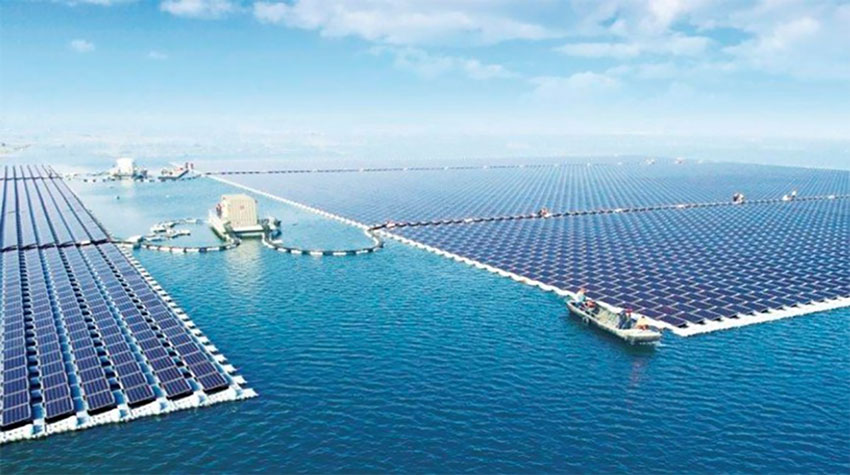FAQs about Solar Energy

10. What are the risks that threaten solar energy?
The appetite for fossil fuels continues alive, as evidenced by the unstoppable search for new oil fields and the enthusiasm of the “favored” countries when a finding occurs in their territories, as reflected in the continuous news. Among the risks that threaten solar energy, and other sources of clean energy, is the incessant discovery of huge conventional hydrocarbon deposits. A separate chapter deserves the fracking, technology through which is being extracted unconventional gas and oil, located in shale beds several kilometers deep. Nearly fifty countries have them. Some of these nations have never been oil or gas producers but may be tempted to join the club of hydrocarbon-producing countries to achieve their energy independence.
It is also worth mentioning countries with large reserves of coal, oil and natural gas. To all this is added the lifting of the prohibitions to exploit deposits located in sanctuaries protecting the environment. The administration of Donald Trump “plans to open a large ocean surface to marine exploration and, for the first time in 40 years, allow drilling in the Arctic National Wildlife Refuge (…) with some 11.8 billion barrels of technically recoverable oil ” It is not difficult to foresee a significant drop in oil and gas prices, putting the competitive capacity of the solar panel industry at risk, in addition to the commitments acquired through the Paris Agreement. By 2020 we will know who is willing to put a lock on their hydrocarbon deposits that lie low in their soils.
Other FAQs about Solar Energy
1. What is solar energy?
2. Is solar energy a clean or green source?
3. How do solar panels work?
4. What are the advantages and disadvantages of solar energy?
5. What is a photovoltaic panel?
6. What are the main countries producing solar energy?
7. What is the share of solar energy in global electricity consumption?
8. What is a photovoltaic solar energy park and how does it work?
9. What is the future of solar energy?
10. What are the risks that threaten solar energy?
Other sections of Solar Energy
Article
Solar energy, a big bet against climate change
Solar energy is one that uses light or heat from the sun to generate electricity or produce heat. Photovoltaic solar panels convert sunlight into electricity through a process called photoelectric. There are millions of people who already use electricity generated by solar energy. The world is aware of the importance of the transition towards a sustainable economy, based on low greenhouse gas emissions to curb global warming and therefore climate change. However, there is still a long way to go to significantly reduce the use of fossil fuels such as coal, gas and oil…
Magazine

Solar energy, a clean, inexpensive and inexhaustible source
Solar energy along with wind energy and electric cars, forms a powerful trio to face global warming and climate change. Solar energy is in direct line with the Paris Agreement, based on the non-emission of greenhouse gases and the replacement of fossil fuels with clean energies.
Coming soon in April
You can also see it in…
Infographics

Photo Gallery.

Video Gallery


